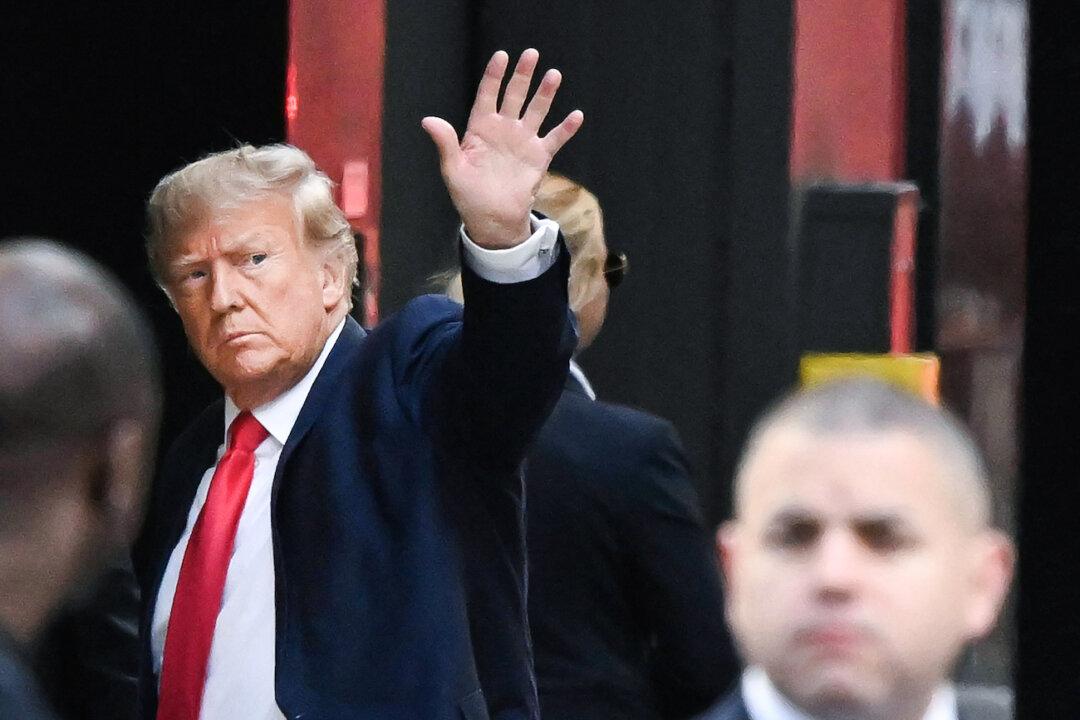Former President Donald Trump could deploy several legal tactics to fight off criminal charges against him, according to John Kaley, former assistant U.S. attorney in the Southern District of New York.
“They'll make a claim that prosecution is barred by the statute of limitations,” Kaley told The Epoch Times on April 3, adding that Trump’s defense team may also argue that the case should be dismissed because there is the problem of selective prosecution.






